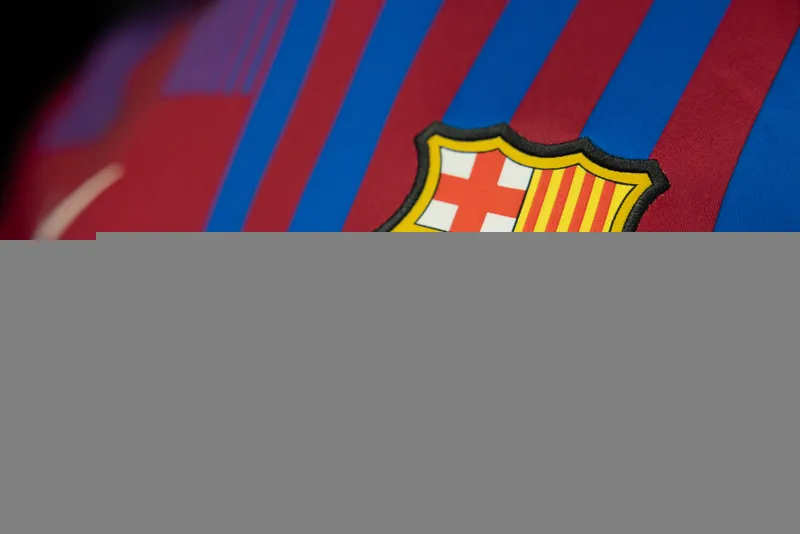
Iconic Spanish soccer team FC Barcelona is to temporarily move from its home stadium for the 2023-24 season - and is funding new public transport options for fans.
The men's team, one of the most famous in the world, will be playing at the Lluís Companys Olympic Stadium - venue for the 1992 Olympics - while its home ground Camp Nou is redeveloped.
The city council and the club say they are devising a mobility plan to improve public transport and sustainable mobility to help people get to the stadium - with all expenses met by FC Barcelona.
The Funicular train service will be intensified, bus shuttles will be run from public transport hubs (Plaça Espanya, L9 and Sants Station) to the Olympic Stadium and supporters clubs will be able to arrive on their own buses.
If necessary, the metro service will also be increased on some match days and a bike lane will be created between Plaça Espanya and Miramar. There will also be three new bike-rental stations.
Lighting along the main walking routes will be improved at match times, and pedestrian walkways will be set up between public transport networks and the stadium.
The whole operation is expected to cost the club €15-20 million.









